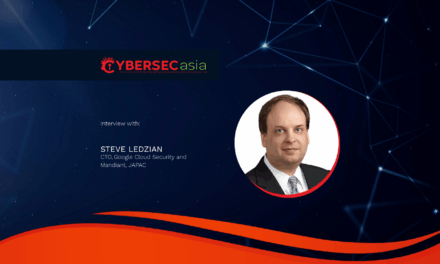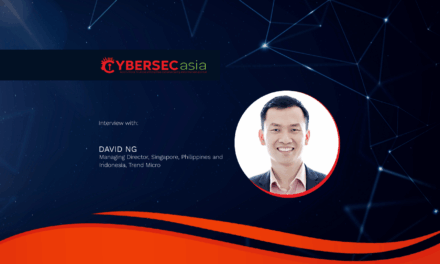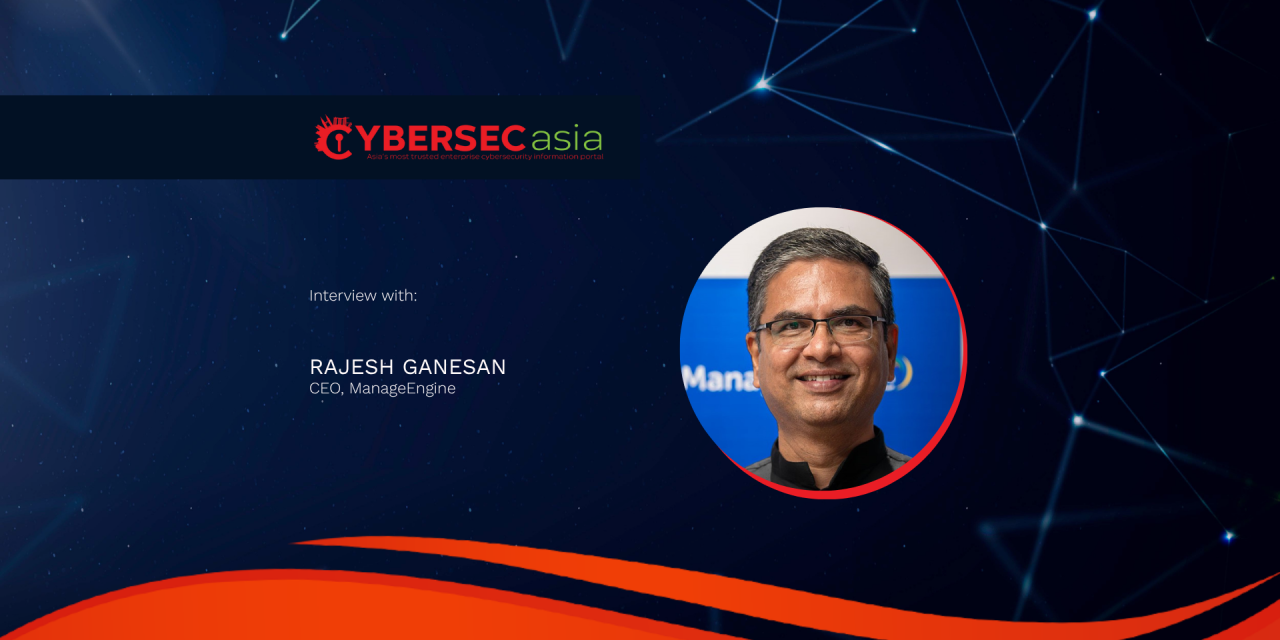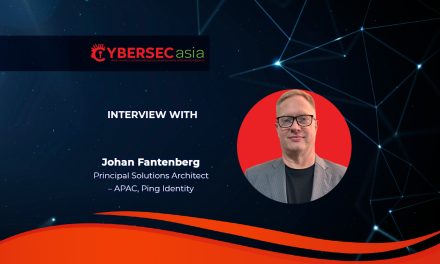The future workforce, workloads and workplace look set to transform drastically with the introduction of generative and agentic AI. How ready is your security team for that?
Along the digital transformation journey, as new technologies and business challenges surface, managing digital infrastructure can get very complex and challenging
Taking control of your technology has become paramount, especially in the face of the increasing volume and sophistication of cyberthreats: we need the right strategies and tools to monitor, manage and secure the enterprise.
With bad actors employing AI, enterprises need to be AI-ready to be future-ready in the digital economy.
With AI set to drastically transform the workforce, workloads and workplace, we caught up with Rajesh Ganesan, CEO, ManageEngine, at the company’s UserConf South East Asia 2025 in Kuala Lumpur, for his exclusive insights into digital enterprises’ readiness for AI and security.
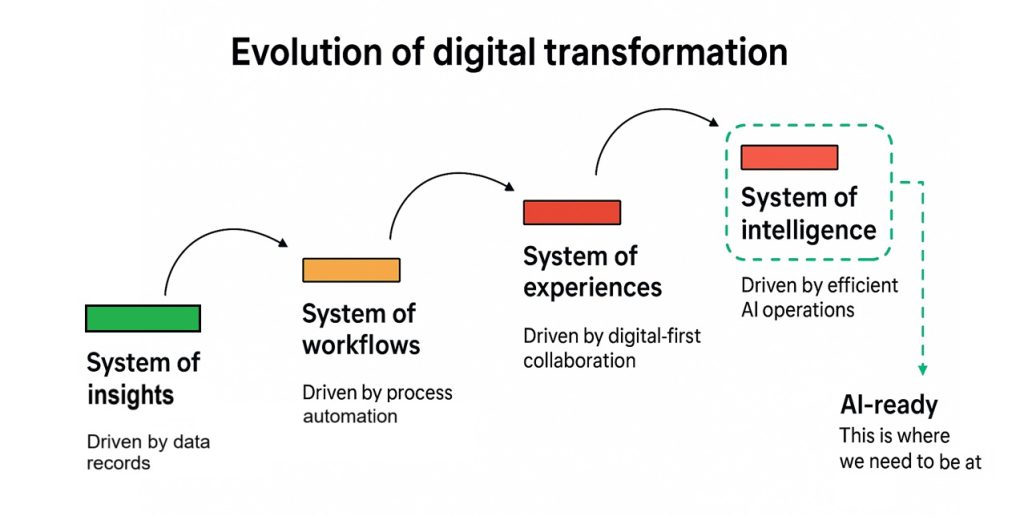
How can organizations in this region be truly AI-ready? What foundation needs to be in place first?
Rajesh: We hear all the hype around AI, and personally I believe we are over the hype. Digital transformation took off in the 2000s with the advent of cloud technologies. Today, if you do your DX right, then you are in the right direction to be future-ready and AI-ready.
First, companies must have built a good system of records where all business processes and data are digitally stored. Second, they need to automate and build a system of workflows across the business, for proper control and governance. Third, they have to evolve a system of experiences, especially one that delivers contextual experiences to customers, ensuring the ability to work with diverse conversations.
If you run these three systems right, you would have capture all forms of data – from conversations, service channels, and even pictures. Then you’re ready to leverage AI…
It’s just a matter of continuing with the journey, without compromising investments, productivity or security. Businesses must be fully ready to meet regulatory mandates and privacy laws as well. The next step is what I call the system of intelligence.
Agentic AI is one huge element here. Just like the transition from on-premises to cloud and mobility, we would require good RESTful APIs for interoperability. 90% of enabling agentic AI requires having RESTful APIs for cloud services and software service applications.
What would realistically be the role of AI in the digital transformation journey, especially in ensuring that enterprises are future-ready, and not end up with obsolescence?
Rajesh: Organizations well-positioned to leverage AI are those with lots of software. A lot of AI we see today is in generating code using AI platforms, and applying agentic AI in marketing, customer support and sales functions.
For example, Zoho Corporation, a technology provider, can leverage AI to increase productivity. The company has 80% of its workforce focused on software development, with AI platforms enabling a 20 to 25% productivity increase. The company’s strategy involves delivering three AI features per month.
AI tools have evolved from generating new features to generating code with automatic APIs. The technology barriers are now broken, making AI easily available to any business, regardless of location.
Do it one step at a time. The first 3 steps are in place already, but don’t be blindly optimistic. Start with your business goals, then map AI into it.
Don’t assume AI will do everything for you at once. The key to leveraging AI is the awareness of what you want to do, and the power you have with AI to achieve it.
AI and cybersecurity are areas of both huge challenges and opportunities in this region. What would you advise organizations in Asia Pacific and/or ASEAN to start off with?
Rajesh: Don’t be afraid! There are a lot of unanswered questions, lots of gaps and unknowns, especially in understanding and utilizing third-party LLMs. But that should not deter us from using AI. Companies should understand and be in the game of adopting AI, as it has become a value and productivity driver across business functions.
Cybersecurity is a significant issue, and companies should adopt a comprehensive approach. The only way to counter bad actors who leverage genAI is to use AI to fight it. That’s why building a team with expertise in security in the age of AI is essential.
The security landscape has drastically changed, with the advent of cloud, mobile phones, and endpoint security. The best course of defense is to stay ahead, preparing for potential threats without getting hurt.

